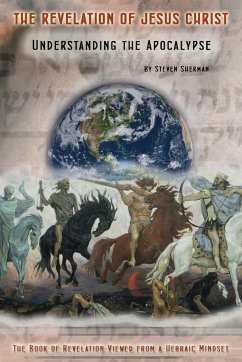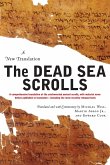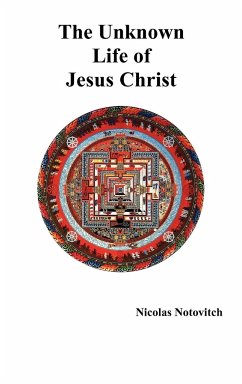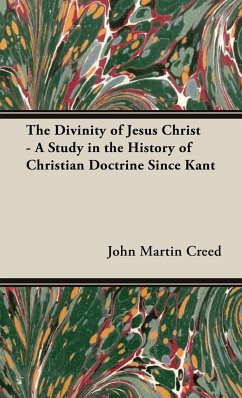Interpreting Revelation . . . in its Proper Context Too often the Western Church views Scripture from a Greek Mind-set within the context of a Hellenized society. The Church follows a pagan, Roman solar calendar which fashions a linear, compartmentalized interpretation of the Bible-especially the Book of Revelation. Contrary to this modernist approach, the prophets and writers of the New Testament wrote the Scriptures under the inspiration of the Holy Spirit from a Hebrew cultural context. The authors lived in accordance with the Torah and the lunar Hebrew calendar. The Hebrew historical view is cyclical and the Hebrew Mind-set encompasses a complete lifestyle. The Hebrew and Greek Mind-sets differ in practice. The Hebrew is concerned with action, the Greek with knowledge. Right conduct is the ultimate concern of the Hebrew, right thinking that of the Greek. This distinction is critical because it affects how the Book of Revelation is interpreted. The end-time chronology of the Book of Revelation is not a strict linear account as is often viewed from the Hellenistic Mind-set. Through a Hebrew narrative of spiraling pictures, Revelation gives an overview of the Apocalypse followed by specific details which unveil the future of the nation of Israel, unbelievers and the body of Messiah. The Revelation of Jesus Christ is a unique, verse-by-verse account of the Book of Revelation viewed from a Hebraic Mind-set.
Hinweis: Dieser Artikel kann nur an eine deutsche Lieferadresse ausgeliefert werden.
Hinweis: Dieser Artikel kann nur an eine deutsche Lieferadresse ausgeliefert werden.








